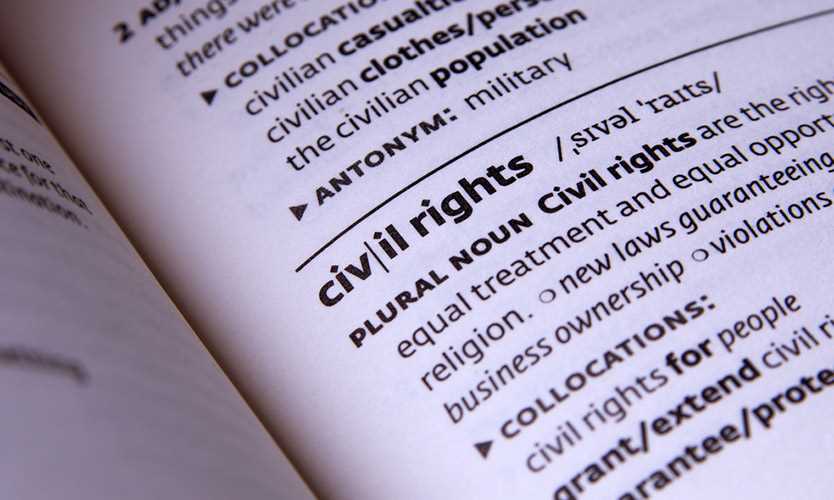Texas religious employers exempt from Title VII
Reprints
Religious-oriented businesses can be exempted from complying with Title VII of the Civil Rights Act of 1964, which forbids discrimination against workers based on their sexuality and gender, says a federal district court in Texas.
This is an issue that is sure to be appealed and may ultimately be considered by the U.S. Supreme Court, says an attorney who is not involved in the case.
The issue in Bear Creek Bible Church & Braidwood Management Inc. v Equal Employment Opportunity Commission et al. was whether a Christian church and a Christian-owned business can require their employees “to live by the teachings of the Bible on matters of sexuality and gender,” according to last week’s ruling by the U.S. District Court in Fort Worth.
Plaintiffs in the case were Bear Creek Church, a Keller, Texas nondenominated church, and Katy, Texas-based Braidwood, which does not recognize same-sex marriage or extend benefits to an employee’s same-sex partner based on its owner’s religious beliefs, the 70-page ruling said.
The opinion said the Supreme Court’s 2020 ruling in Bostock v. Clayton County held that Title VII forbids employers from firing employees based on transgender status, but “expressly left open the implications for religious liberties and other matters arising from its decision.”
The court held that the church qualified as a religious organization for the purposes of a Title VII religious exemption and that as a “religious business-type organization” Braidwood qualifies for the exemption as well.
“Braidwood has established Title VII places a substantial burden on this religious exercise,” the ruling said. “Forcing a religious employer to hire, retain, and accommodate employees who conduct themselves contrary to the employer’s views regarding homosexuality and gender identity is not the least restrictive means of promoting that interest, especially when defendants are willing to make exceptions to Title VII for secular purposes,” the ruling says, in granting the plaintiffs’ motion for summary judgment on its Religious Freedom Restoration Act claim.
Plaintiffs attorneys did not respond to a request for comment. A Department of Justice spokeswoman had no comment.
Commenting on the ruling, Eric B. Meyer, a partner with Fisher/Broyles LLP in Philadelphia, said he expects the case will be heard by the 5th U.S. Circuit Court of Appeals in New Orleans and possibly by the U.S. Supreme Court.
Mr. Meyer said in its Bostock decision, Justice Neal Gorsuch, writing for the majority, “specifically earmarked and left as an open issue” the question of its applicability to religiously oriented business, and so the Supreme Court may see this as an opportunity to address it.
In his ruling, Judge Gorsuch said, “none of the employers before us today represent in this Court that compliance with Title VII will infringe their own religious liberties in any way.”
Mr. Meyer said the ruling itself is narrow in its breadth, and only applies to Texas employers, although multistate employers could avail themselves of this ruling.
Read Next
-

Appeals court rules Title VII covers sexual orientation
In a long-awaited major ruling, the 2nd U.S. Circuit Court of Appeals in New York held in an en banc ruling Monday that Title VII of the Civil Rights Act of 1964 prohibits discrimination based on sexual orientation.